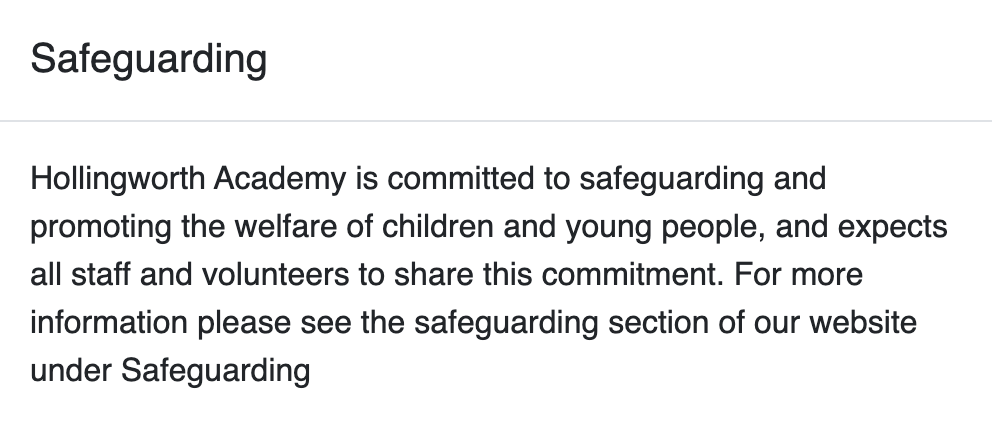Start planning your future journey today, because it's never too soon to begin. Explore the resources provided below to discover opportunities for your path for Post 14 and Post 16. You'll also find details about apprenticeships and assistance with labour market insights to understand which industries and employers are represented in our local area.
Within our school, you'll receive guidance on enhancing Post 16 Pathways, your employability, creating CVs, and developing application and interview techniques.
Dive into our Virtual Careers Room using these links below:
